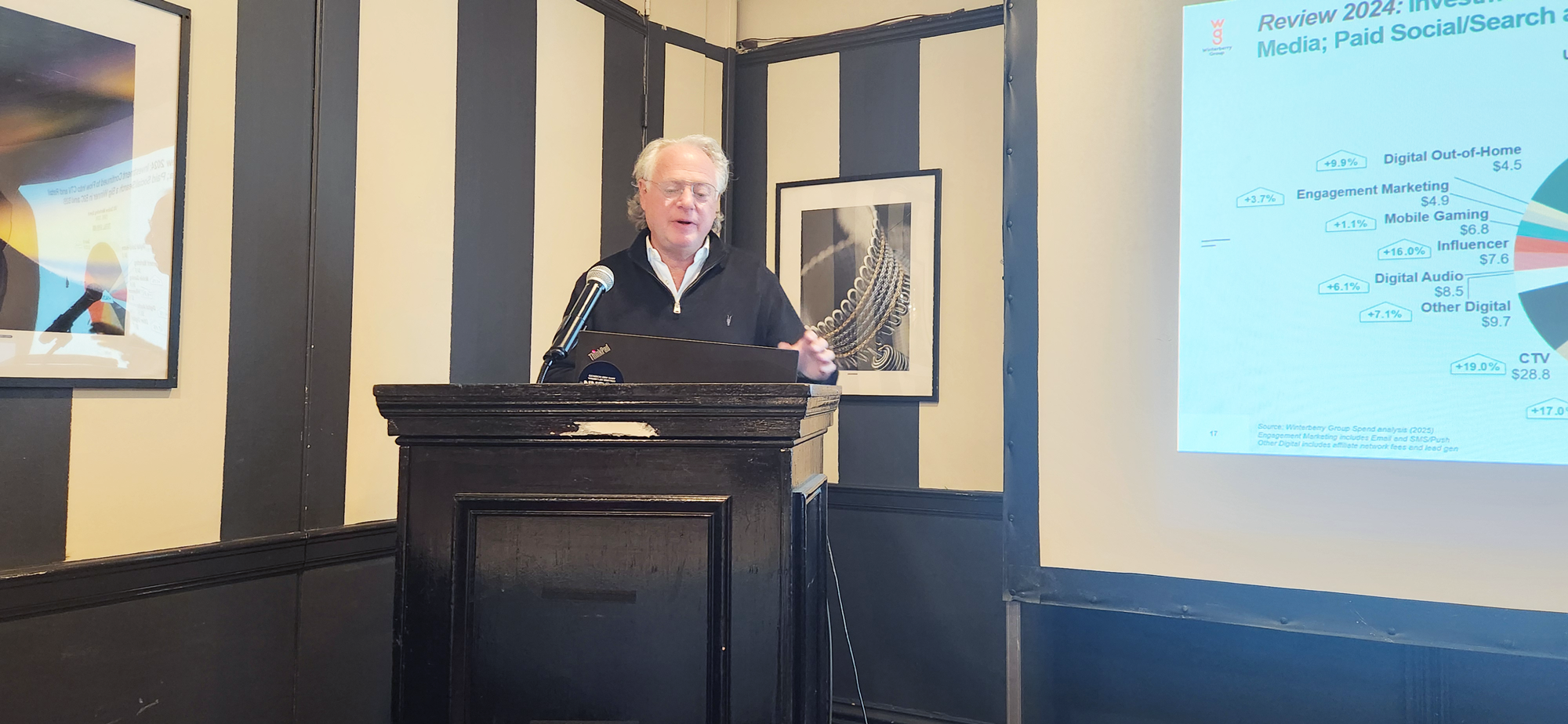

Provocateur:
Nearly all
consumers are sheltering in place and consuming more media to both inform and
entertain them during the current pandemic. As such, brands are finding
themselves walking a tightrope trying to reach buyers through personalized,
highly relevant communication without getting too personal.
For most consumers
today, there is an inherent acknowledgment or quid pro quo that by sharing some
level of personal information with brands, those brands will use it in a
privacy-compliant manner to improve the relationship with the consumer and, in
doing so, their lives. But all this personalization is not without a number of
pitfalls, including a negative brand experience and brand churn. Some of these pitfalls
include using a person’s first name after just one interaction or even getting
their name wrong — “Hi Michael,” or is it Mike? — which can leave the consumer
feeling intruded upon.
Going further,
communications that call out a consumer’s more private personal information
such as a postal address in digital communications or possible income level can
be downright creepy.
Understanding when
and how to use personalization is critical for brands, particularly right now
as many of us are on edge. People don’t buy products or services because a
brand knows their name. They buy because a brand understands their current and
future needs. All this is accomplished through value-driven personalization
supported by data.
By ensuring
accurate, complete, and linked first-party data (including name, phone numbers,
and email addresses) marketers can maximize reach and contactability. Layering
on customers’ unique lifestyle traits (such as media consumption, brand
preferences, and buying habits), marketers gain valuable insights into where customers
are in their life journeys, so each engagement is personalized and welcomed.
This identity
information can help brands focus on experiences, and demonstrate that they
know what customers want, not just who they are. It can also help build the
relationship by offering them products and services that have helped other
consumers in similar life stages. If done right, personalization can be the
ticket to better engagement, improved customer experience, increased brand
loyalty, and higher conversion rates.
About the Author

President and CEO of Infutor Data Solutions, Gary Walter has been a key driver of company growth for the past five years. Under his leadership, Gary has expanded new data solution offerings into key industries including financial services, digital marketing, nonprofit, and retail.
Prior to his role as president and CEO, Gary led initiatives as executive vice president, which resulted in significant revenue growth and new customer acquisition. Gary holds degrees in both business and industrial technology from Western Michigan University.








